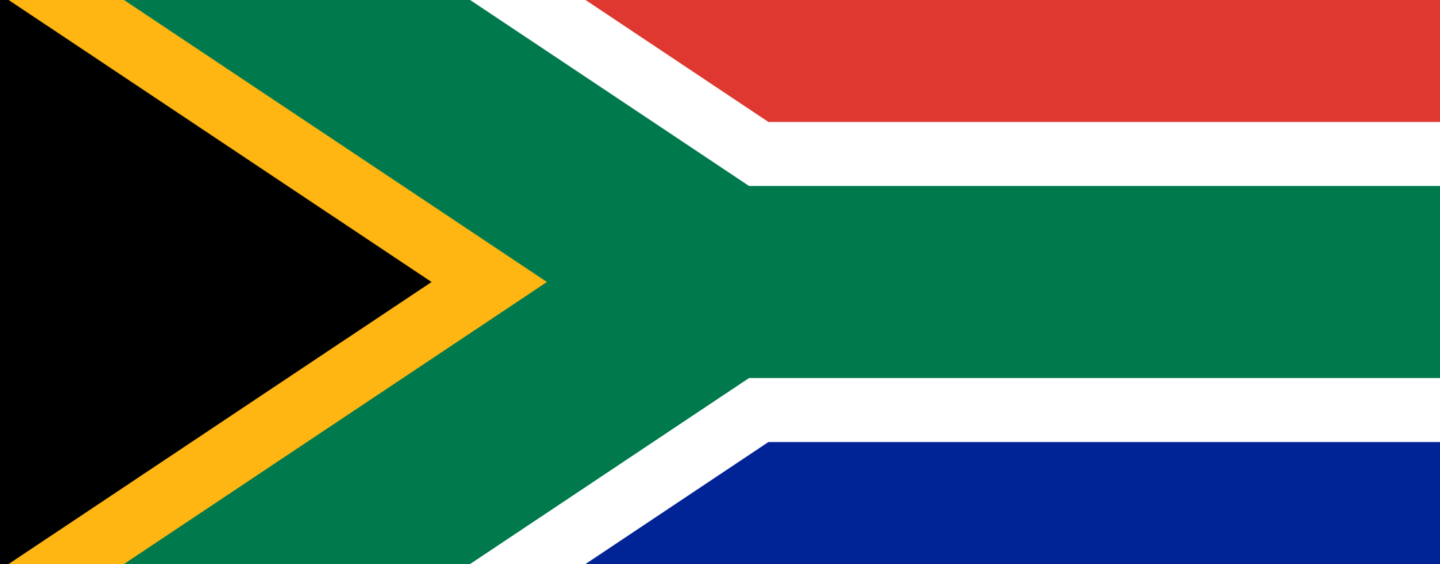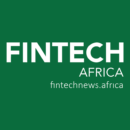Market demand for innovative products and services has been pushing fintech innovation in South Africa.
In respond to the rapid development of fintech, the South African Reserve Bank (SARB) established a three-man fintech unit in January to monitor the impact of new technology developments on the traditional banking sector. The dedicated full-time team is reporting directly to deputy governor Francois Groepe.

Image: SARB Deputy Governor, Francois Groepe, via Twitter
“Its primarily responsibilities are expected to include the facilitation of the development of appropriate policy frameworks for the SARB across the fintech domain,” Groepe explained.
“Given the rapid developments in financial technology it is evident that we are potentially facing one of the most severe innovation and technology-driven disruptions to products and services, particularly in the financial sector space.”
South African regulators have adopted a pro-innovation stance. In 2009, the SABR issued a position paper on electronic money, stating that it welcomed innovative digital solutions. A media statement was released in February 2018 in which the SARB shared its stance towards fintech innovations. This was followed shortly by the launch of the Fintech Program, an initiative focused on tracking and analyzing fintech developments and assisting policymakers in formulating legal frameworks.
The program has three primary objectives: review SARB’s position on cryptocurrencies to formulate a policy framework and regulatory regime, investigate and decide on the applicability of innovation facilitators for SARB, and launch Project Khokha, which will experiment with distributed ledger technologies (DLT).
Fintech in South Africa
South Africa has a relatively small but growing fintech industry with players mainly focused on five key banking functions: payments, deposits and lending, capital raising, investment management and market provisioning.
 In the peer-to-peer lending space, South Africa is already one of the leading African markets for both consumer and business loans. Notable players include RainFin, an online lending marketplace for corporate institutions and, PeerFin, a peer-to-peer lending platform.
In the peer-to-peer lending space, South Africa is already one of the leading African markets for both consumer and business loans. Notable players include RainFin, an online lending marketplace for corporate institutions and, PeerFin, a peer-to-peer lending platform.
South African online alternative finance platforms raised US$15 million in 2015, with the most of the amount (US$13.8 million) coming from peer-to-peer consumer and business lending. The remaining US$1.2 million was spread across microfinance, donation-based and reward-based crowdfunding.
South Africa has also seen the establishment of digital and challenger banks in recent years that are looking to serve the digitally-savvy populations. These include Discovery Bank, Bank Zero and TymeDigital, by Commonwealth Bank South Africa which has yet to launch.
In the field of investing, asset and wealth management, activity has been minimal. Nevertheless, South African financial services providers are seriously looking into robo-advisor and artificial intelligence (AI) to provide affordable and more efficient financial planning services.
Several financial services providers have invested in developing investment advice platforms driven by AI. Itransact, an authorized financial services provider, launched its automated investment platform ItransactGO in May 2017, robo-advisor platform Advicement went live in June 2017, and Absa, one of South Africa’s largest banks, unveiled its robo-advisory service Virtual Investor in August 2017.
 Another area that’s been growing rapidly is blockchain with significant industry-led activity around DLT, cryptocurrencies and related technologies.
Another area that’s been growing rapidly is blockchain with significant industry-led activity around DLT, cryptocurrencies and related technologies.
Various startups have been established in recent years, including Luno, a cryptocurrency exchange platform and digital wallet, and Ice3x, another exchange platform.
Meanwhile, startups such as Custos Media Technologies, Bankymoon, and GeoPay are using blockchain and cryptocurrencies to address specific issues. Custos Media Technologies was founded in 2014 with the aim to fight online media piracy using blockchain, Bankymoon is a blockchain consultancy firm and blockchain-based solutions provider, and GeoPay offers blockchain-based international money transfer services.
Cryptocurrencies are currently not regulated but South African regulators have had a positive attitude towards these technologies.
SARB began to work with Bankymoon in July 2017 to test out a number of new cryptocurrecy regulations in the country, and earlier this month, the South African Revenue Service (SARS) released a statement on tax treatment of cryptocurrency gains.
Startup programs and events
The rise of fintech in South Africa can also be seen in the number of accelerators and incubators available across the country. Startupbootcamp Cape Town, for instance, focuses on accelerating high-growth startups in blockchain, connected-devices, payments solutions, capital markets, asset management, and many other areas. Startupbootcamp launched its Cape Town program last year.
Additionally, an increasing number of tech and fintech events are being held in South Africa, including the African Angel Investor Summit, BCX Disrupt, and more recently the Blockchain Africa 2018 conference, to name but a few.
In June 2018, Johannesburg will be welcoming the Finnovation Africa: South Africa 2018 event which will bring together industry leaders from key markets across Africa and internationally to tackle the most pressing questions for the progress of fintech in Africa.
In November 2018, Finovate Africa will take place in Cape Town and bring together the financial institutions, telecos, and fintech companies that are building the future of banking and financial services.
This article first appeared on fintechnews.ch.







